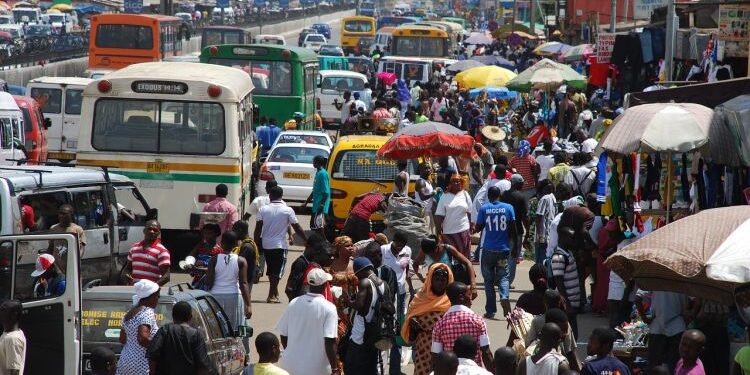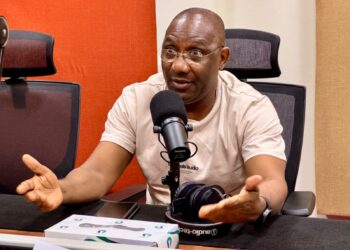An Economist and a financial engineer Mr Alex Emmanuel Nti has explained that the level of poverty in the country is very high and reducing subsidies will negatively impact the lives of the citizens.
Speaking to Nana Yaw Abrompah on Plan B FMs morning show NKOSOUNSEM, Mr Nti explained that some people are enjoying subsidies and freebies which they can afford, and if the government can focus the subsidies on the poor alone the government would have some relief,
“if the government had focus the free SHS on the poor only in the country there wouldn’t be too much flaws in the implementation of the policy, how come the children of a Member of Parliament enjoy frees SHS with the ordinary Ghanaian who can’t afford school fees, a teacher who’s net salary is ¢1500 can also afford school fees so why are their children enjoying free SHS”, he added.
He said, if the government’s revenue mobilization is very low but leakages are high subsidy is not necessary.
Meanwhile, the World Bank has urged the government to take bold steps to reduce subsidies in some sectors of the economy to create fiscal space.
The bank, however, said that the subsidy reforms must be on the back of a comprehensive economic and social analysis to ensure its removal did not overly affect the jobs and livelihood of vulnerable groups.
The Managing Director of Operations of the bank, Anna Bjerde, said subsidies that were not properly targeted burdened the national purse and limited the government’s usage of resources for critical investments.
“It is pretty much better to get subsidy regimes that are targeted to protect those who need protection instead of the general subsidies as a rule of thumb.
“The recommendations will be to identify where the subsidies are and to start a process of reducing it to commensurate with adjustments that need to take place responsibly,” she added.
Context
The call by Ms. Bjerde was against a recent report by the World Bank that found that globally multi-trillion dollars were spent on inefficient subsidies in agriculture, fishing, and fuel sectors.
The report, dubbed: “Detox development: Re-purposing environmentally harmful subsidies”, indicated that such subsidies were counterproductive as they contributed to environmental pollution.
Since 2017 when the government implemented the Planting for Food and Jobs (PFJ) policy, many funds have been sunk into providing seedlings and fertilizers at subsidized prices for farmers.
Last year, the Minister of Finance, Ken Ofori-Atta, disclosed that the government spent GH¢2.47 billion on the PFJ program between 2017 and 2021.
Thus, the GH¢614 million and GH¢660 million spent on the program in 2022 and 2023 respectively, brings the total subsidy expenditure to GH¢3.74 billion.
The government also spent GH¢1.4 billion to subsidize premix fuel between 2014 and 2022.
When the Daily Graphic asked Ms. Bjerde what her views were on Ghana’s subsidy administration, she said although deciding on removing the subsidies was a difficult one, it was important.
Support
The World Bank Country Director for Ghana, Liberia, and Sierra Leone, Pierre Laporte, also said the bank was currently offering technical support to the government on the removal of subsidies in the agriculture sector.
He said the bank remained committed to supporting Ghana where its active portfolio was $3.6 billion to overcome economic challenges.
Mr Laporte also said that the bank would give the needed advice and provide support on economic policies that could help get the economy back on track, adding “We have been there through the COVID-19 period and we are prepared to support with a plan that is appropriate to address the current challenges”.
“We are working on budget support of around $300 million that is expected to be approved by the end of the year to support the economic reform program.
We also have financial sector support cooperation of $250 million which is also expected before the end of the year,” he said.
The director further underscored the need for the government to revise the high tax exemption regime.










Discussion about this post